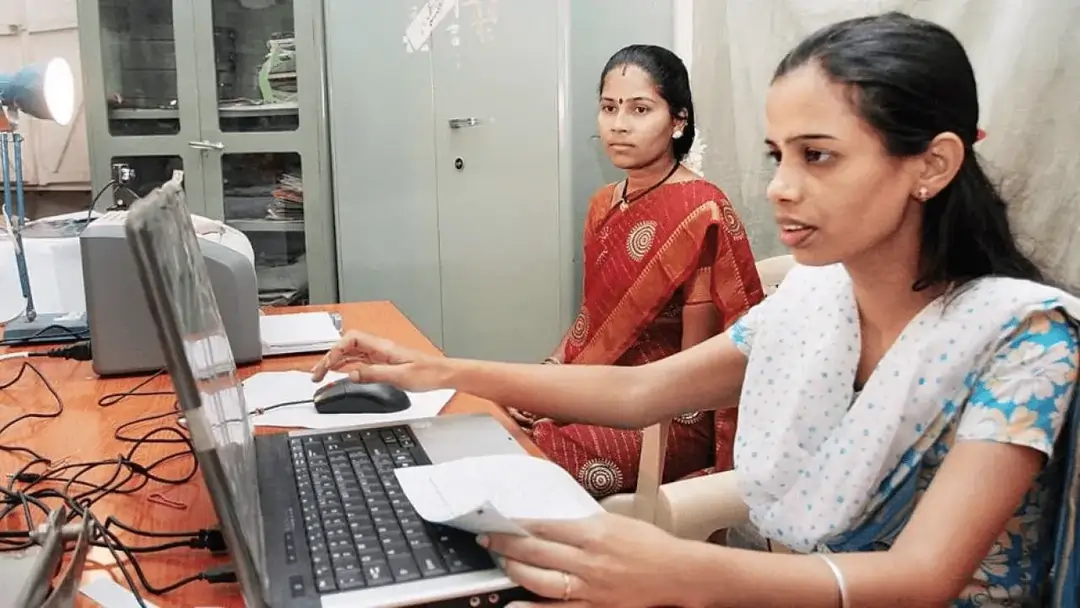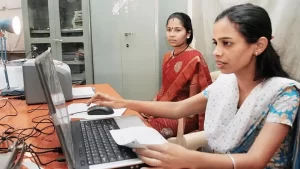Understanding Child Trafficking: Its Definition, Forms, Causes

Understanding Child Trafficking: Its Definition, Forms, Causes

Child trafficking is a global crisis that affects millions of children every year. It is a deeply distressing issue that demands our attention and concerted efforts to combat it effectively. In this blog, we will delve into the definition and various forms of it, as well as explore the underlying causes and risk factors that make children vulnerable to this horrifying crime. We will also introduce you to My Abhinandan, an NGO in Delhi, dedicated to addressing this issue and the vital role financial contributions play in supporting their mission.
Definition of Child Trafficking
Child trafficking can be defined as the recruitment, transportation, transfer, harboring, or receipt of children for exploitation. This exploitation can take various forms, including forced labor, sexual exploitation, child soldiering, organ trafficking, and even forced begging or involvement in criminal activities. The key element in child trafficking is the exploitation of vulnerable minors for the benefit of traffickers or other criminals.
Forms of Child Trafficking
Forced Labor: Exploitative conditions compel or force children to work, frequently in hazardous industries like agriculture, manufacturing, domestic labor, or construction. They experience the deprivation of their basic rights and education, endure long working hours, and endure physical and emotional abuse.
Sexual Exploitation: Child trafficking for sexual exploitation involves the recruitment and trafficking of children for commercial sexual exploitation, including prostitution, pornography, and sexual slavery. Victims suffer severe physical and psychological trauma.
Child Soldiering: In Child soldiering armed groups forcibly recruit or abduct children, turning them into soldiers who endure violence, commit atrocities, and are denied their right to a normal childhood and education.
Organ Trafficking: Some children are trafficked for their organs, which are then illegally sold in the organ trade. This is a particularly gruesome and life-threatening form of its.
Begging and Street Crimes: Traffickers force children into begging or street crimes, exploiting them to earn money. These children are often subjected to violence and controlled through fear.
Causes of Child Trafficking
Understanding the underlying causes of child trafficking is essential for effective prevention and intervention. Several factors contribute to the vulnerability of children to trafficking:
Poverty: Poverty is a significant driver of child trafficking. Families in extreme poverty may send their children to work or fall prey to traffickers offering a better life.
Lack of Education: Limited access to quality education increases a child’s vulnerability to trafficking. Illiterate or undereducated children have fewer opportunities and are less likely to recognize the dangers of trafficking.
Conflict and Instability: Armed conflicts, civil wars, and political instability create conditions ripe for child trafficking. Displaced families and unaccompanied minors are at heightened risk.
Weak Legal Systems: Countries with weak or corrupt legal systems may struggle to combat trafficking effectively, allowing traffickers to operate with relative impunity.
Demand for Cheap Labor and Services: A demand for cheap labor in industries such as agriculture and domestic work, as well as a demand for commercial sex, fuels its.
Gender Discrimination: Girls, in particular, may face gender-specific forms of discrimination that make them vulnerable to trafficking, especially for sexual exploitation.
Lack of Birth Registration: Children without official birth registration may lack legal protection, making it easier for traffickers to exploit them.
Online Exploitation: The internet’s growth has enabled online grooming, child trafficking, and the spread of child pornography.
The Role of My Abhinandan
In the battle against child trafficking, there are some social work NGO organizations in delhi are at the forefront. They tirelessly rescue victims, raise awareness, and advocate for stronger laws to combat trafficking.
However, My Abhinandan’s impactful work is dependent on the support of concerned individuals like you. Your donations help protect vulnerable children, provide essential services, and advocate for their rights. By contributing to My Abhinandan, you become a vital part of the solution to end child trafficking.
In conclusion, child trafficking is a grave violation of human rights and a crime that affects millions of children worldwide. Understanding its forms, root causes, and risk factors is key to effectively combating this heinous practice. Governments, civil society, and individuals must unite to protect children and eliminate child trafficking. Support organizations like My Abhinandan to make a meaningful impact and contribute to a safer future for vulnerable children.